Because all types of squash belong to the same family, the best companion plants for winter squash and the best companion plants for zucchini and summer squash are the same. Looking for the best companion plants for pumpkins? They’re squash too!
The main consideration to keep in mind is that, typically, zucchini and other summer squash have a bush habit, while winter squash and pumpkins sprawl and even climb. So when planting companion plants for squash, space them appropriately to give the squash enough room to grow. In some cases, this will be less of an issue, as some companion plants will be harvested before the squash plants get very large.
Best Companion Plants for Squash

The best companion plants for squash will not only not compete with squash plants but will also provide benefits such as attracting pollinators to improve fruit formation, attracting other beneficial insects, reducing pests, and encouraging healthy growth.
1. Beans

You’ve likely heard of the Three Sisters intercropping technique, in which squash, corn, and pole beans are all planted together. The squash acts as a living mulch, the corn provides a trellis for the beans, and the beans fix nitrogen in the soil. Even if you choose not to interplant corn, you can still grow bush beans with squash to help provide that essential nutrient.
2. Borage

Borage actually provides several wonderful benefits to squash. The scent of borage deters insect pests, and its lovely blue flowers attract pollinators. Plus, it produces a significant amount of biomass, and when you cut it back and leave the plant matter on the garden soil, it acts as a mulch. As the plant matter decomposes, it returns calcium to the soil to help feed other plants, like squash.
3. Cosmos

Squash needs insect pollinators to pollinate its flowers in order for fruits to form. To encourage these little friends to visit your garden, plant cosmos and other prolific flowering plants, like coreopsis, sweet alyssum, calendula, and zinnias. These don’t have to be mixed in with the squash and can instead be planted as a colorful border.
4. Dill
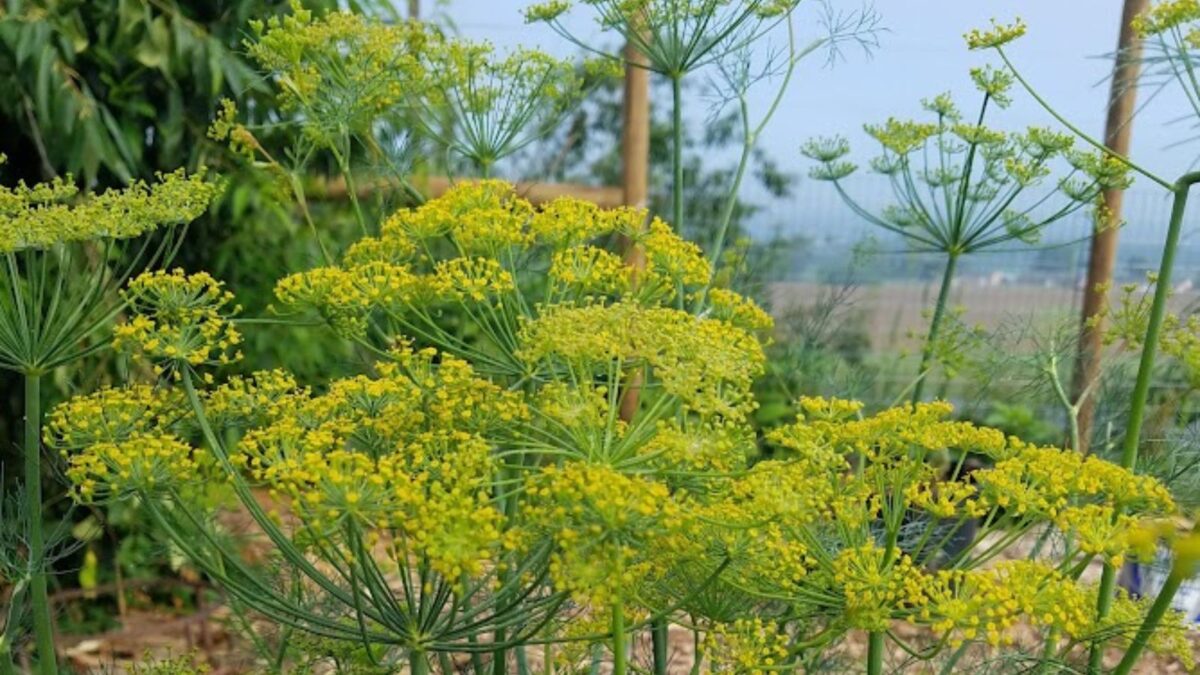
Dill is another powerhouse companion plant when it comes to squash. This strongly aromatic herb repels many insect pests, and when it flowers, it attracts beneficial insects like hoverflies, lacewings, ladybugs, and predatory wasps. These tiny predators help keep pest populations down by preying on damaging insects like aphids and squash bugs.
5. Nasturtiums

Nasturtiums are a bit of a different companion plant in that they actually attract pests like whiteflies, flea beetles, and aphids. Plant them a little bit apart to draw such pests to the nasturtiums rather than to the squash. As an added bonus, nasturtiums produce beautiful flowers, and both the leaves and flowers make a nice peppery addition to fresh salads.
6. Peas

Like beans, peas fix nitrogen from the air into the soil so that it’s more readily available for other plants, like squash, to absorb. The added benefit of using peas as a companion is that they’re one of the earliest crops to go in the garden, so by the time the squash plants begin to spread out, the peas have finished producing and can be pulled up, leaving more room for the squash to mature.
7. Radishes
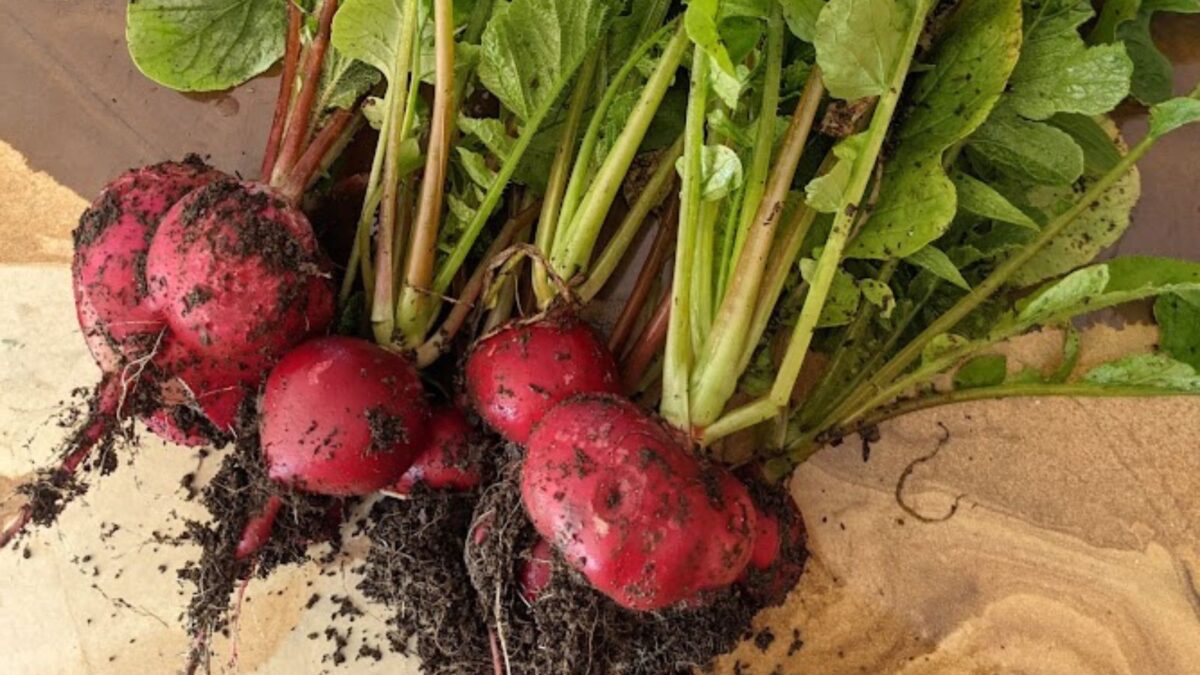
If you’ve ever seen your squash plants inexplicably wilt, only to find, upon closer inspection, that the stems have turned to mush, you know the devastation of squash vine borers. Radishes, it turns out, may be the companion plant your squash needs. These quick-growing little vegetables can help deter squash vine borers.
Plus, their fast growth means that they can be planted closer to the squash and harvested before the squash crowds them out. They might even benefit from a little shade from bushy zucchini plants.
Oh, and if you let a few of your radish plants go to seeds, you can enjoy radish seed pods.
8. Sunflowers
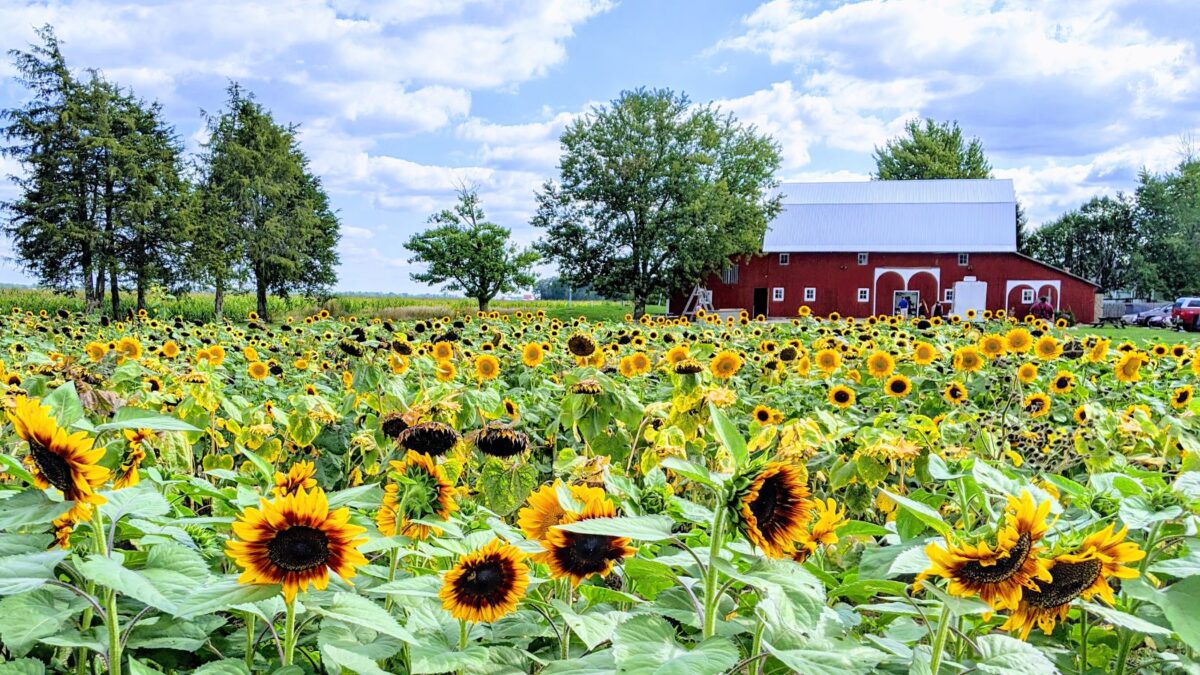
In especially hot climates, squash plants might appreciate a bit of shade to protect them from the scorching afternoon sun. A small stand of sunflowers planted to one side can provide this cooling shade, and they might help attract pollinators with their large, cheerful flowers.
Worst Companion Plants for Squash
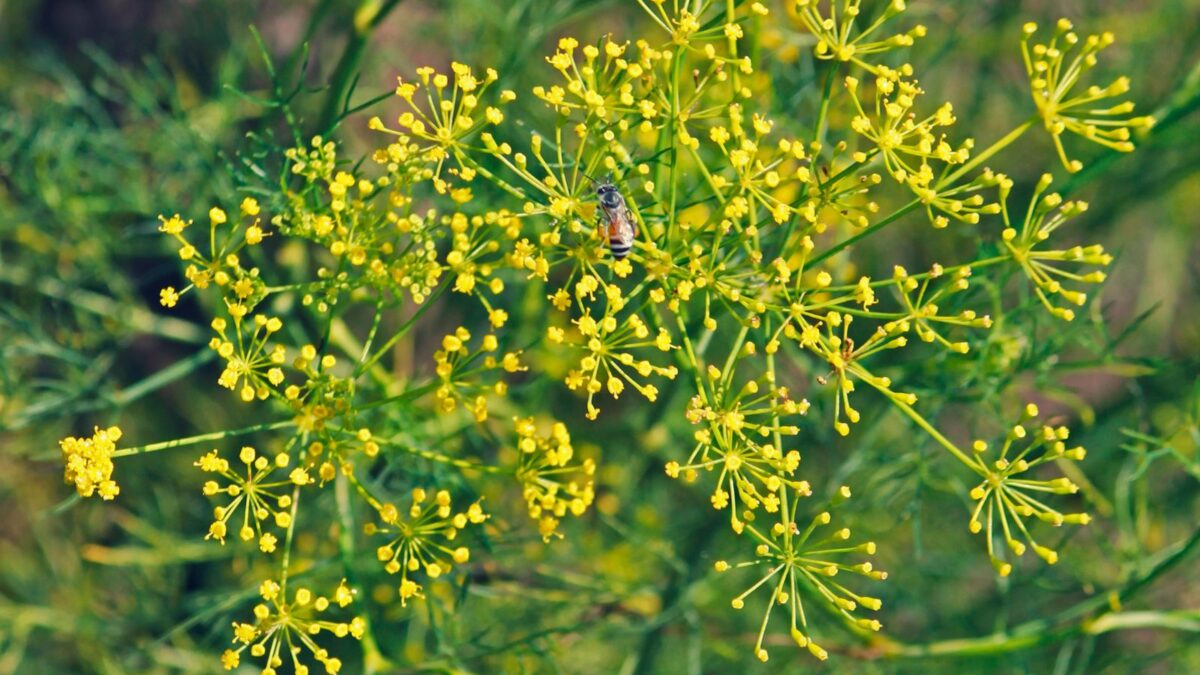
On the other end of the spectrum are plants that may actually hinder the growth of squash by competing for space, nutrients, or other resources or by actively secreting chemicals that stunt nearby plants. These poor companions should be grown in a different part of the garden, well away from your squash plants.
1. Beets
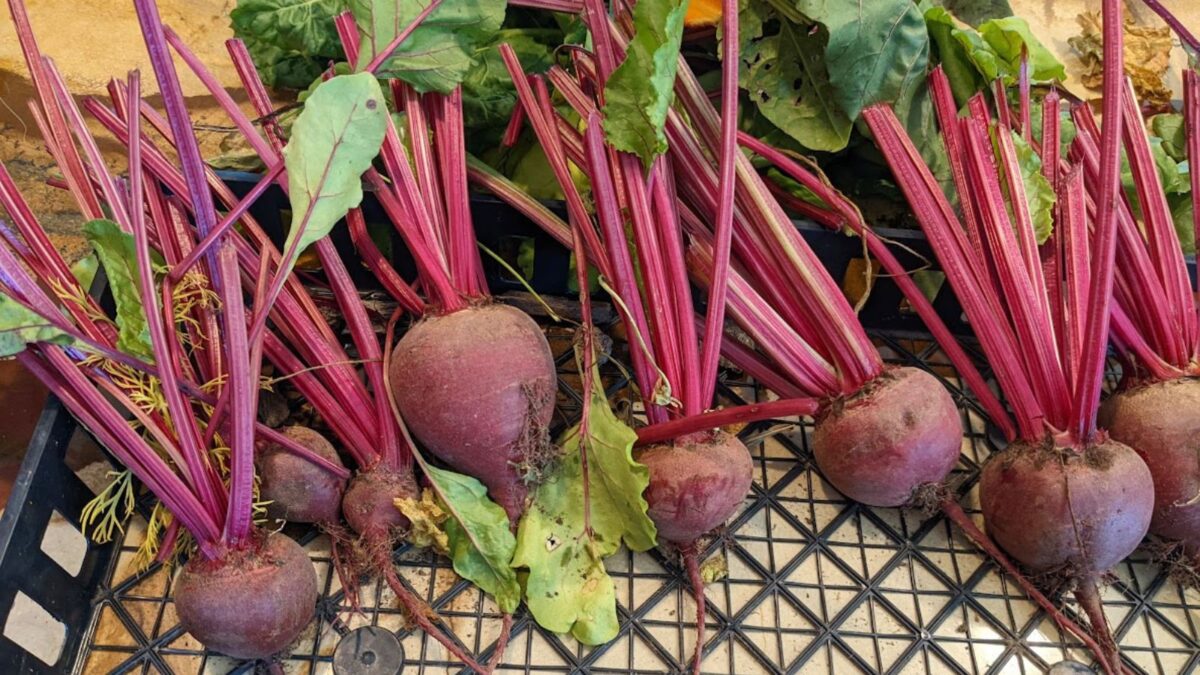
With the exception of radishes, root vegetables should not typically be grown near squash. The bulbous roots and tubers of beets and other root crops can disturb squash’s sensitive roots, thus disrupting their growth and production.
2. Fennel
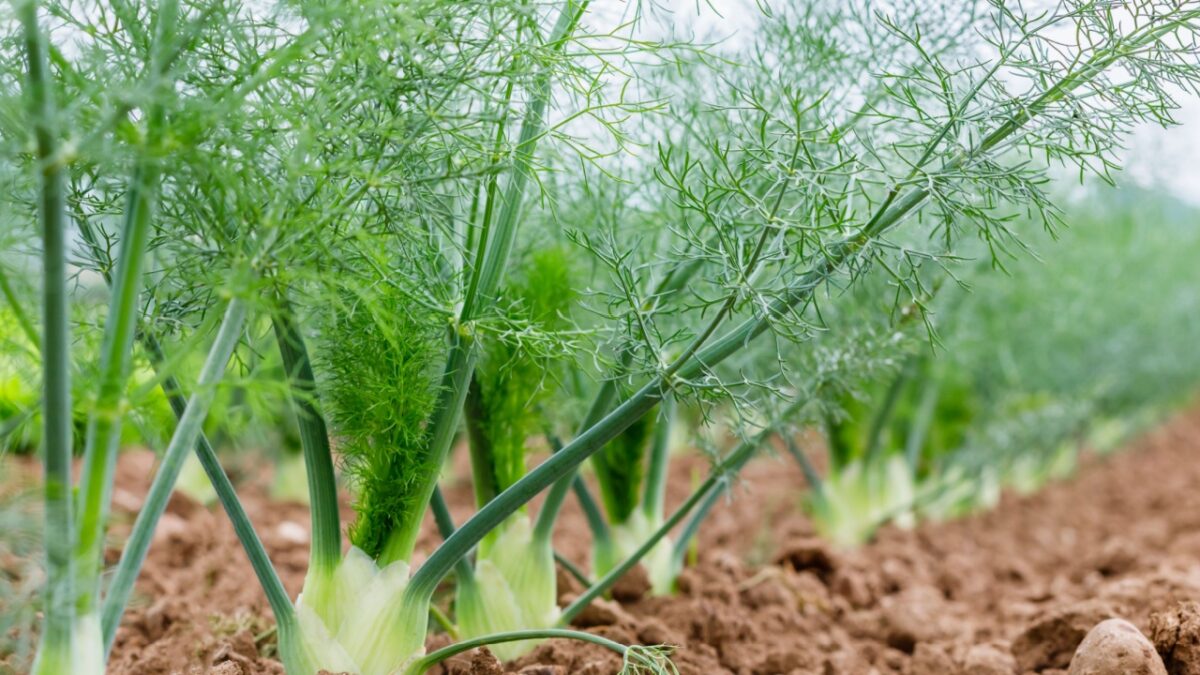
Fennel, unfortunately, just doesn’t play well with other plants. It produces a chemical that stunts the growth of just about every other plant, making it a poor companion in the vegetable garden. Give this crop its own private section of the garden and let it grow happily in solitude.
3. Melons
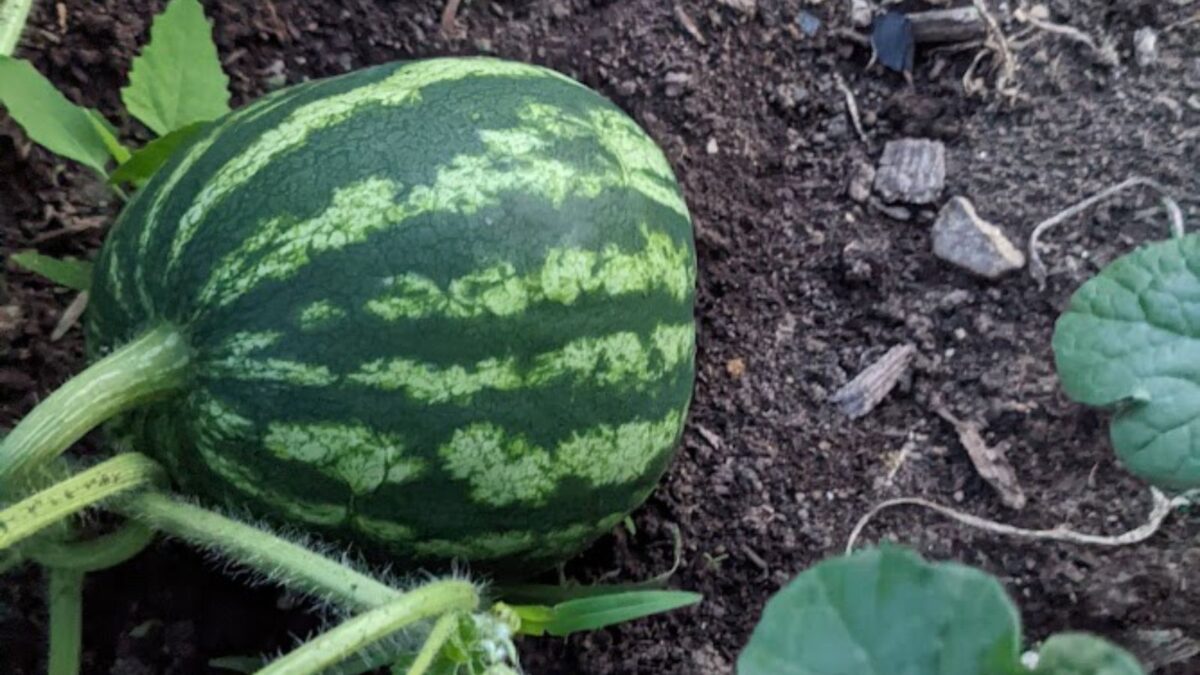
Planting multiple types of vining plants together will result in a tangled, confusing mess. And since melons require close monitoring for ripeness, you’ll want them to be relatively easy to find. Additionally, melons are heavy feeders and will compete with squash for necessary nutrients.
4. Potatoes
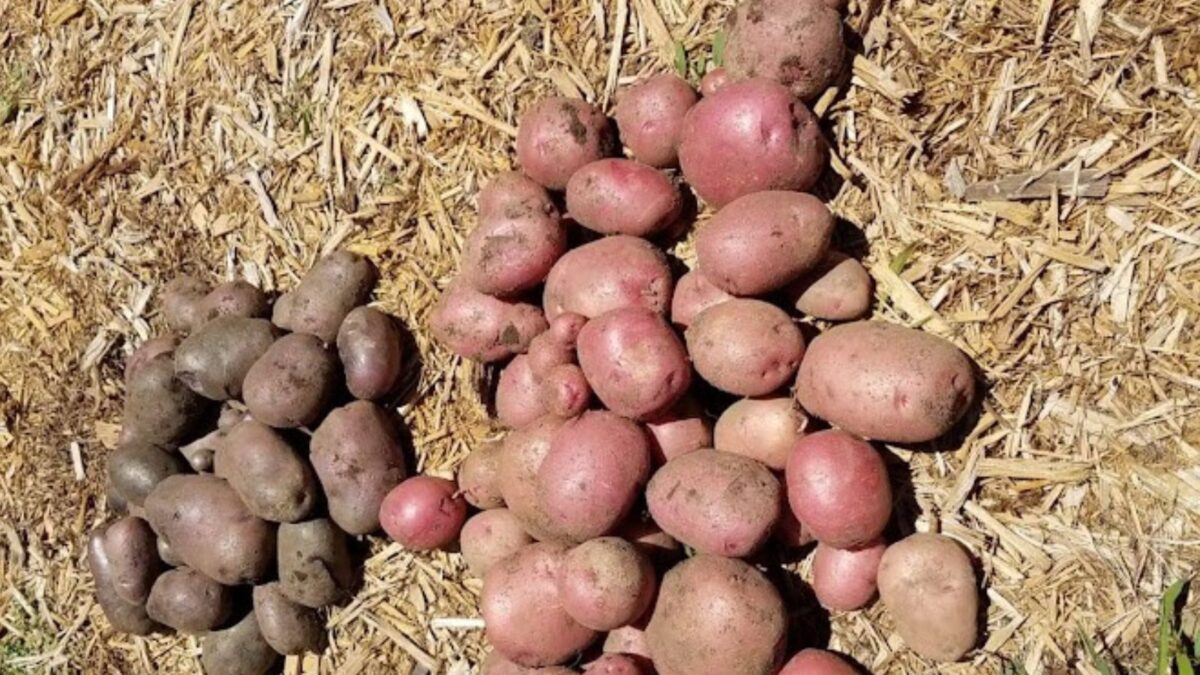
In addition to being root vegetables, which can disrupt sensitive squash roots (see “Beets,” above), potatoes are also notoriously heavy feeders. They can deplete the soil of nutrients, starving any nearby squash or other plants.
Whether you’re growing zucchini, yellow squash, winter squash, or pumpkins, plant a few companions nearby to help them grow healthy and strong.

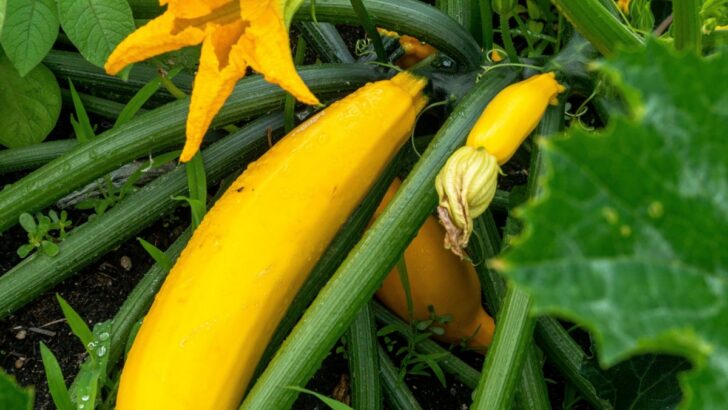

How To Get Rid Of Squash Bugs Naturally - 7 Easy Tips
Wednesday 21st of December 2022
[…] Other plants that keep these bugs away are dill, oregano, and nasturtium. Check out these other squash companion plants. […]
Best Squash Vine Borer Treatment - 7 Chemical-Free Options
Wednesday 21st of December 2022
[…] a few of these companion plants for squash near all of your plants from the squash family to attract pollinators, deter pests, and encourage […]
How To Grow Zucchini (Courgette) And Enjoy It All Summer Long
Wednesday 21st of December 2022
[…] sure to plant some companion plants for zucchini to help your plants […]
Companion Planting Guide (Including 7 Benefits Of Polyculture)
Wednesday 21st of December 2022
[…] Companion plants for squash […]